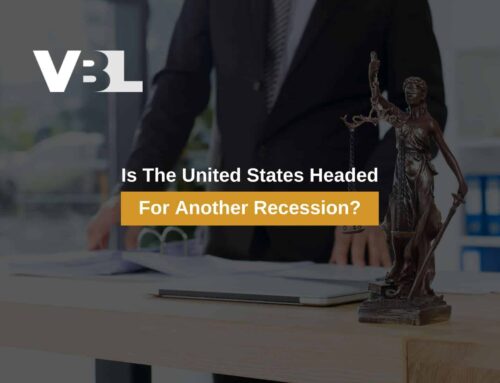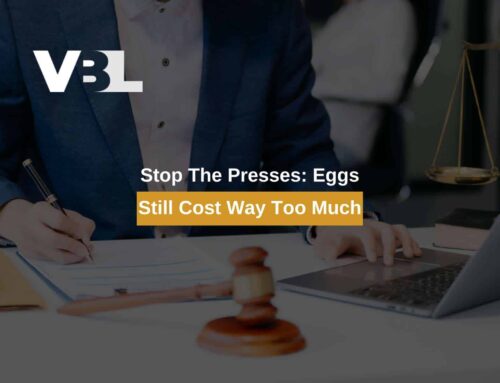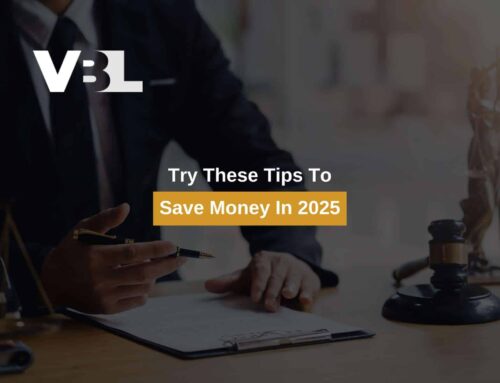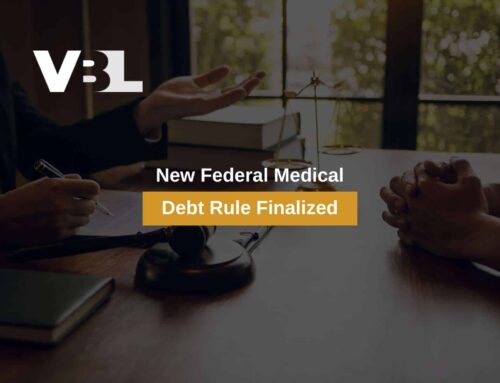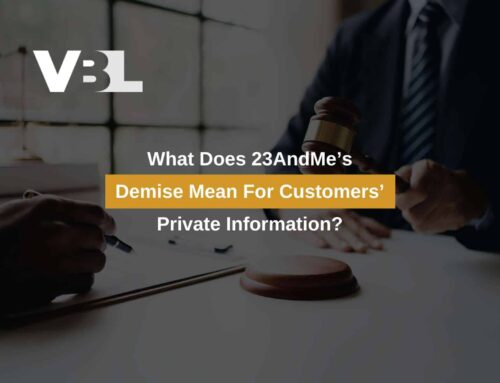SBA Loans & Bankruptcy
For many people, part of the American dream is starting their own business and being self-employed. In fact, small businesses account for about 44% of economic activity in the United States. But just because small businesses are an important part of our economy doesn’t mean that every small business is guaranteed to succeed. Other times, a potential business owner may have a viable idea but not be able to obtain financing to start a company. In times like these, the SBA, or the Small Business Administration, may be able to help. An SBA loan can help a business owner in the beginning, during hard times, and more. But a business owner who has taken out SBA loans may be confused about what to do if they ever face bankruptcy. If you find yourself in this type of situation, call our Nevada bankruptcy firm for your free consultation at 702-370-0155.
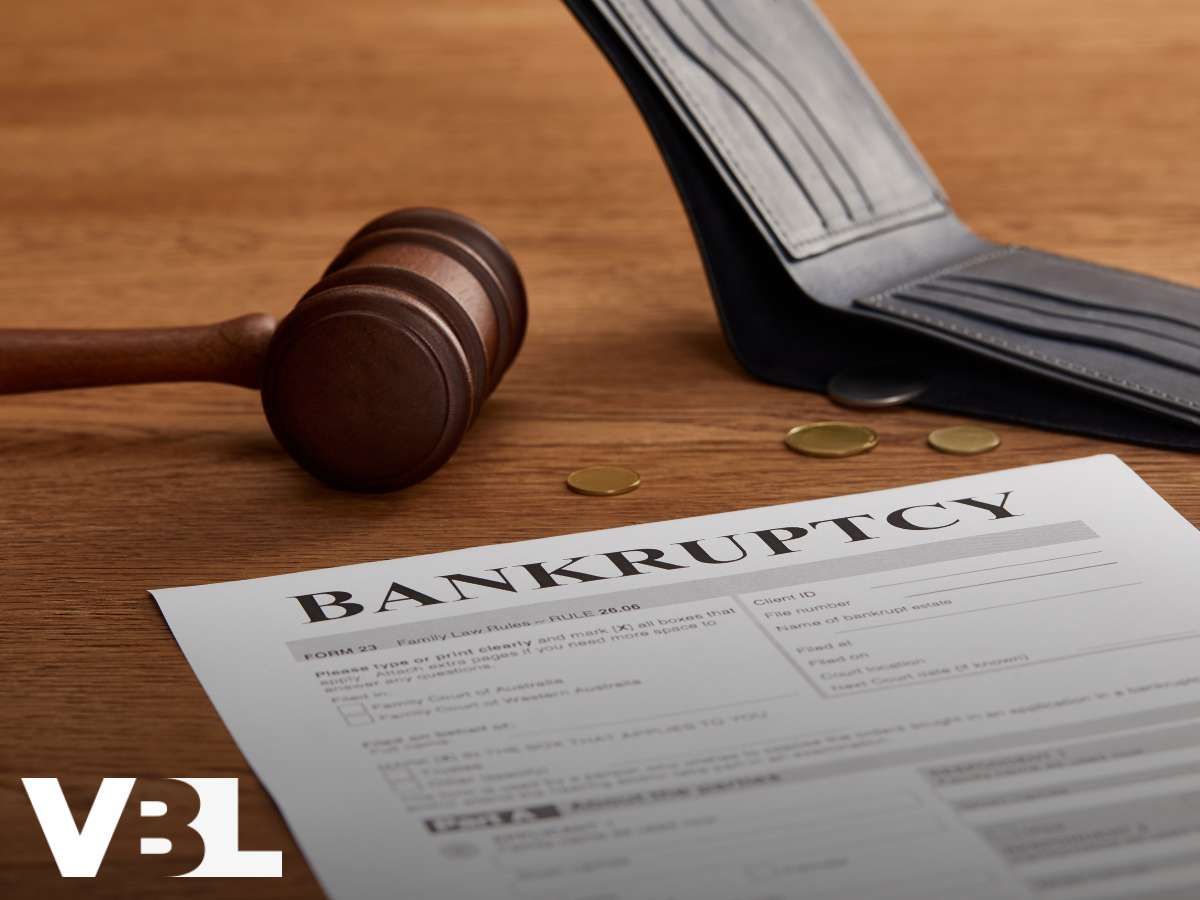
What Is An SBA Loan?
An SBA loan is one provided by the United States Small Business Administration. SBA loans can be used to start up a business, keep the business afloat during difficult times, pay payroll and operating expenses, and more. SBA loans are meant to help small business owners who can’t obtain credit or financing from other sources.
One issue with SBA loans is that the business owner usually has to make a personal guarantee for the loan. A personal guarantee is a lien on some of your property, whether that be business equipment or real estate, including the business owner’s primary residence. This gives the SBA a variety of options in methods of recourse if the borrower fails to make payments on the loan. If the SBA secures a money judgment against the borrower, they can garnish their wages and use the judgment for other purposes. Real or personal property with a lien can be repossessed (or foreclosed, in the case of a home) when the borrower falls into arrears.
Are SBA Loans Dischargeable In Nevada?
Oftentimes, government loans can be more complicated to discharge than personal loans and other lines of credit. Some people assume that like student loans, SBA loans can’t be discharged in bankruptcy. However, this isn’t necessarily true with SBA loans. They technically can be discharged in bankruptcy- however, if the borrower has pledged their own property as collateral for the loan (the personal guarantee), filing bankruptcy won’t extinguish a lien on real or personal property. Therefore, if the business owner doesn’t have a personal guarantee on their SBA loan, it will be much easier to discharge in both Chapter 7 and Chapter 13 bankruptcy. If the business owner has made a personal guarantee on the loan, it has become a secured debt that won’t be wiped out by Chapter 7 bankruptcy. Secured debts can be paid off in a more reasonable manner in Chapter 13 bankruptcy, but not all types of businesses are eligible to file for Chapter 13 bankruptcy.
Chapter 7 vs. Chapter 13
Even though they both go by the name of “bankruptcy,” Chapter 7 and Chapter 13 work much differently. Chapter 7 is the more commonly filed of the two, and is usually what most of our clients envision when they think of bankruptcy. It liquidates and clears debt without repayment, but this power only extends to unsecured nonpriority debts. Popular examples of unsecured nonpriority debts include credit cards, medical bills, and personal loans. Title loans can’t be discharged in Chapter 7 because the debt has been secured by a lien. Some taxes count as unsecured for bankruptcy purposes, but others will remain unaffected by a bankruptcy discharge. Student loans aren’t dischargeable in bankruptcy for the most part, and other debts, like child support, will be untouched by a Chapter 7 bankruptcy filing.
Chapter 7 can be used by a variety of businesses that don’t want to go through the cost and complexity of a Chapter 11 bankruptcy. But while Chapter 7 is a much simpler process than Chapter 11, it doesn’t provide the same opportunity to stay in operation like Chapter 11 does. This might not be a big deal for certain types of businesses, especially those that don’t own a physical location or have expensive equipment. Here, the business owner could discharge debts and close the business in Chapter 7 bankruptcy just to open a new similar business under a different name.
Chapter 7 provides great benefits, but those benefits aren’t available to just anyone. There are several barriers that could keep someone from filing for Chapter 7 bankruptcy. First of all, their household income could be too high and disqualify the debtor from Chapter 7. Debtors who have filed for bankruptcy in the past have waiting periods before they can file either type of bankruptcy once more. They may also own assets that won’t be protected in Chapter 7 bankruptcy and are more valuable than the benefits of Chapter 7.
Chapter 13 is usually available for debtors who don’t qualify for Chapter 7, but not all businesses can file under Chapter 13. Instead of simply clearing debts away, Chapter 13 reorganizes debts into a payment plan of 3 or 5 years. This allows the debtor to pay off debts that can’t be discharged in Chapter 7, like secured debts and priority debts. This theoretically would allow a business owner to pay off the lien from an SBA loan while under the extensive protections that bankruptcy provides. Call our firm to see if you qualify for Chapter 7 or Chapter 13 by scheduling your free consultation at 702-370-0155.
Other Options For Business Owners Who Can’t Pay Their SBA Loans
Bankruptcy might not be feasible or even possible for a small business owner struggling with business debt. While our firm focuses on bankruptcy, we recognize that it isn’t always the best option for someone, especially a small business owner, considering their specific circumstances. The debtor can always try to negotiate a lower balance or alternative payment plan for their loan. This may require in-depth financial disclosures so the SBA can determine the debtor’s capacity to pay off the loan. Some SBA borrowers will qualify for a Hardship Accommodation Plan, which reduces the debtor’s monthly payments to as low as 10% of their typical amount for a 6-month period. However, the debtor will still accrue interest during that period and have to resume payments when the Hardship Accommodation Plan expires. Some loans, particularly PPP loans during the COVID-19 pandemic, were forgivable if the borrower met certain requirements and applied for forgiveness in time.
If none of the options described above help the debtor, they can begin the “offer in compromise” process with the SBA. This is essentially the term for loan forgiveness for SBA loans that weren’t specifically designed to be forgiven. The SBA may “buy back” around 50-80% of the loan but could still pursue the borrower for the remaining balance. The SBA will do an extensive review of the borrower’s finances before accepting or rejecting an offer in compromise.
Experienced Nevada Bankruptcy Lawyers with Fair Pricing
If you’re already struggling with debt and the possibility of lawsuits and other collection actions by the government, making informed decisions about bankruptcy can be overwhelming. When you need a knowledgeable and understanding ear to discuss your possible bankruptcy, our team at Las Vegas Bankruptcy Lawyers firm is here to serve you. Call 702-370-0155 to get started with your free consultation today.
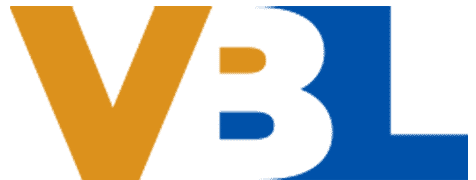
Las Vegas Bankruptcy Lawyers
LAS VEGAS
7251 W Lake Mead BLVD #300
Las Vegas, NV89128
Office: 702-879-2499
Email: [email protected]
HENDERSON
1489 W Warm Springs Rd. Ste 110
Henderson, NV 89014
Email: [email protected]
Additional Information at:
Phoenix Bankruptcy Lawyer
Phoenix DUI Lawyer
Chandler Bankruptcy Lawyer
Vegas Zero Down Bankruptcy Attorney
Gilbert Bankruptcy Lawyers
Arizona Zero Down DUI
AZ Bankruptcy Lawyer





